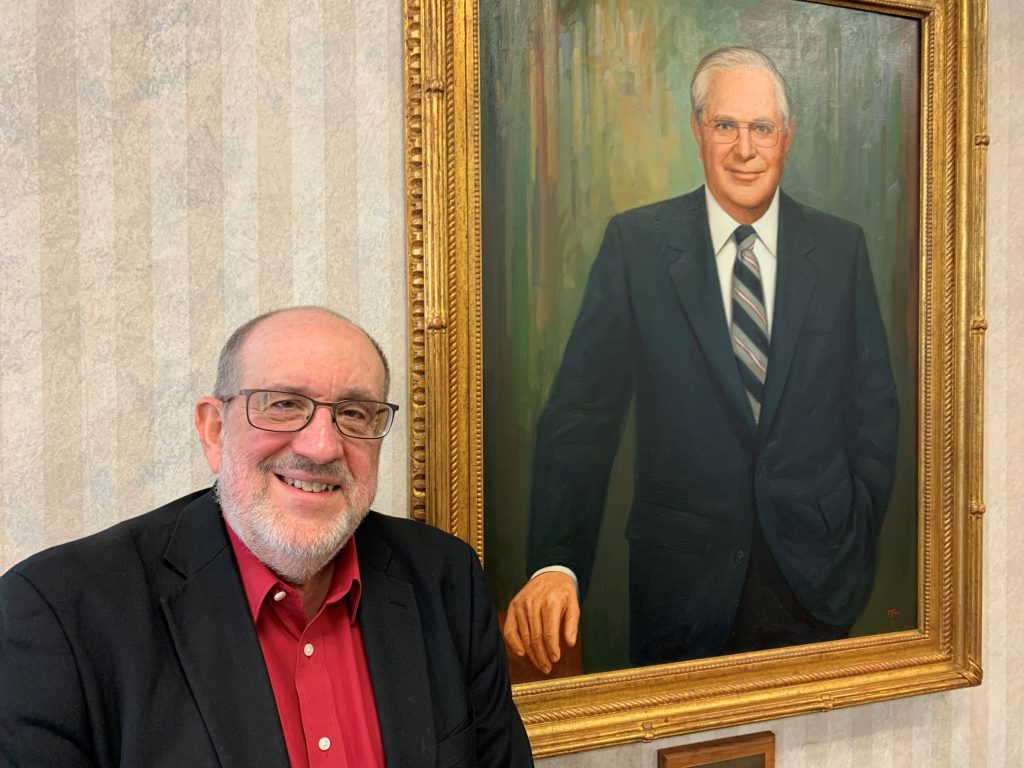(p. A1) Earlier this year, Xi Jinping issued brief instructions to education officials in Beijing. China’s leader wanted to reform the country’s $100 billion private tutoring industry, which the state worried was helping well-to-do families gain advantages for their offspring and creating anxiety among families that couldn’t afford the help.
Education officials drafted a plan that included new limits on tutoring for children up to the equivalent of ninth grade, said people familiar with the effort.
The plan was too soft, Mr. Xi said, in a one-sentence note to the education ministry, according to the people.
Scrambling to please him, the ministry expanded the limits to include students up to the equivalent of 12th grade. In addition, it required all private education companies to re-register as nonprofits.
The more extreme rules, issued in July [2021], triggered panic selling that erased tens of billions of dollars from the value of education com-(p. A14)panies listed on U.S. and Hong Kong stock exchanges. Officials from the China Securities Regulatory Commission hastily scheduled meetings with foreign investors to calm them down, according to people familiar with the conversations, and promised that Beijing would consider market impact before introducing future policies.
The episode is just one example of Mr. Xi’s evolving management style as the Chinese president consolidates control of the world’s second-largest economy. He is widely considered the most powerful Chinese leader in a generation. He is also a micromanager who intervenes often, unpredictably and sometimes vaguely in policy matters big and small.
. . .
Behind the scenes, many officials question some of Mr. Xi’s decisions.
In late July [2021], a Covid-19 outbreak caused more than 1,200 infections after months of nearly zero reported cases. Some central government officials, eyeing other countries, suggested it might be time for China to stop its strategy of pursuing “zero Covid” and learn to live with the virus, according to a person familiar with the discussions.
Mr. Xi was furious, said people familiar with the issue. In a note to underlings, he asked if officials were becoming “lax and numbed” in fighting the virus, according to these people and to state media reports. “Zero Covid” would remain the policy.
Local officials intensified their efforts. In late October [2021], they locked more than 30,000 visitors into Shanghai Disneyland and forced them to undergo Covid-19 tests after one customer tested positive. Authorities temporarily shut one of China’s biggest container ports after a single case, hurting global supply chains.
China’s economic growth slowed to 4.9% in the third quarter from the previous quarter’s 7.9% rate. Economists have said China’s zero-tolerance pandemic measures, including lockdowns of residential compounds and cancellations of public events, are likely to have a significant impact on China’s growth if they don’t succeed in snuffing out the virus soon.
Some local government officials have warned against “excessive pandemic prevention” measures, according to speeches quoted on websites. Yet officials keep pressing, fearful they might be punished if a Covid-19 case emerged in their area.
. . .
Mr. Xi later “personally planned, personally proposed, personally deployed and promoted” the development of Xiongan, a new “eco-city,” out of farmland about 60 miles from Beijing, according to state media, and urged state firms to move there. Despite billions of dollars of investment, it hasn’t matched the quick success of Deng-era special economic zones such as Shenzhen.
To comply with the new regulatory regime for after-school tutoring this year, education companies have laid off tens of thousands of employees, including teachers. Given the impact on the industry, officials have been enforcing the rules on tutoring for children only up to the equivalent of ninth grade—as originally proposed.
. . .
“Some only act when the party’s central leadership has instructed them to do so,” Mr. Xi said in a speech to the party’s top disciplinary officials last January, made public only recently. He complained that many officials aren’t competent to deal with complicated issues, and that if he didn’t issue so many instructions, little would get done.
“I issue instructions as a last line of defense,” he said.
(Note: the online version of the story has the December 15, 2021, and has the title “Xi Jinping’s Leadership Style: Micromanagement That Leaves Underlings Scrambling.”)



